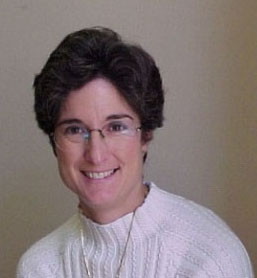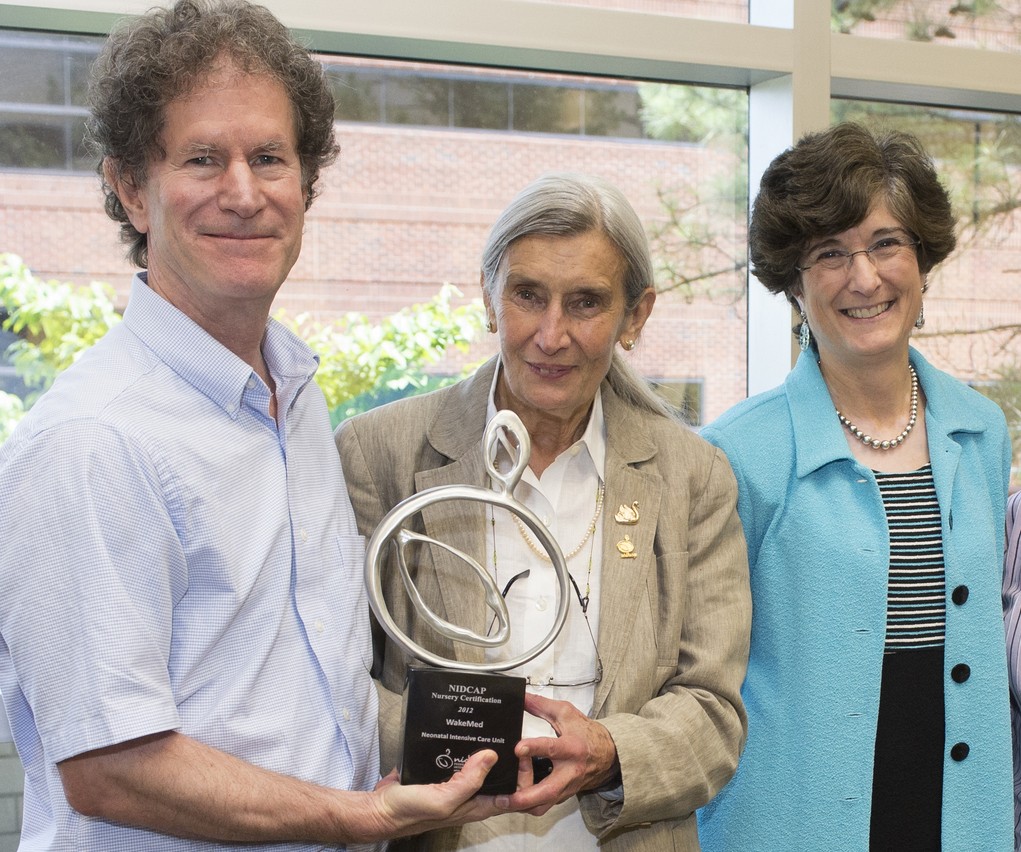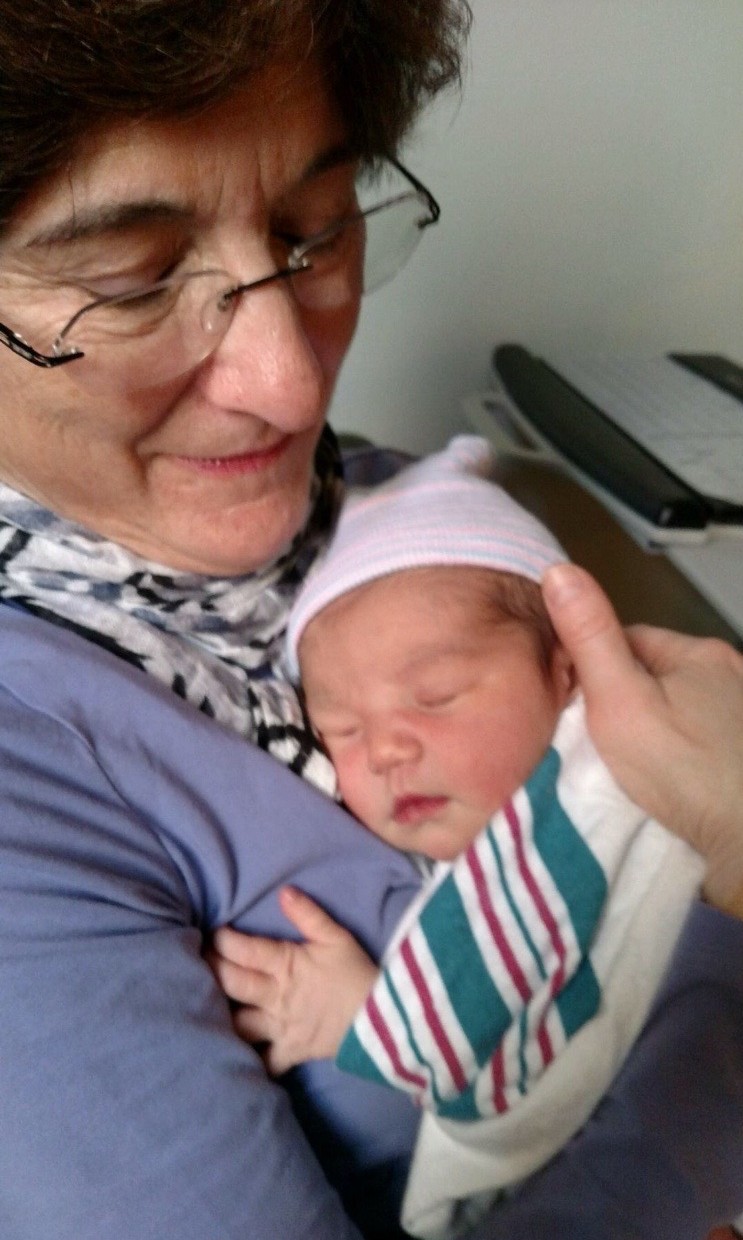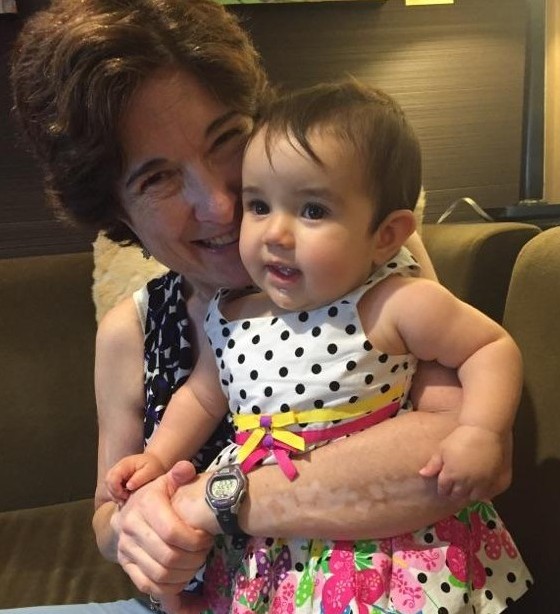
This month marks a major transition in my life. I am retiring from WakeMed, where for 30 years I have served as the Pediatric Psychologist in the NICU, in our Special Infant Care Clinic for children 0-3, and in the pediatric inpatient service. I am also a Senior NIDCAP Trainer and now certified as a NIDCAP Nursery Assessment and Certification Program (NNACP) Site Reviewer. Transitions are especially good times for reflection, and I appreciate the opportunity to share some thoughts with the NFI community and beyond. Here are some of the things that come to mind when I look back on 30 years spent working in one of the NICUs that undertook the transition to NIDCAP-based care relatively early in the process…
Every NICU experiences the transition from “the way we’ve always done it” to developmentally supportive and family centered care differently. Shortly after I arrived at WakeMed, to join colleagues Jim Helm and Ann Marie Elmore on the developmental team, our nursery embarked on this journey. We were fortunate to have visionary leaders at the nursing and neonatal levels, as well as dedicated bedside nurses and other nursery staff. One of the things I learned over the years is that this kind of collaboration is not just helpful – it is essential. Everything that the developmental team accomplished was made possible by this teamwork. As I talk with my neonatologist and nurse friends about the years we have spent together, it is clear that those who were there from the beginning remember the transition as an exciting though daunting time; younger colleagues appreciate that they had the privilege of beginning their careers caring for babies and families in a way that was both scientifically supported and just felt right.
The process of providing NIDCAP care and of training in the NIDCAP model has evolved significantly in ways that make it even more powerful and rewarding. Over the years, we have been increasingly intentional and effective in incorporating our deepening understanding of how to keep the entire family at the center of our thinking and our care. When we began to use the practicum experience (following one baby and family throughout their NICU experience with both regular observations and frequent family meetings) as part of the process of achieving NIDCAP certification, virtually without exception we saw trainees who were already wonderful family support professionals become even more sensitive and aware of family needs and strengths. One of the strengths of NIDCAP itself is that it has continued to grow and develop based on both research findings and real life experience.

An example of how the NIDCAP model has continued to grow is evident in, the NIDCAP Nursery Certification process, which has evolved to be an effective and rewarding way to help nurseries achieve high levels of excellence, and to recognize this excellence in a meaningful way. While the progress that the NNACP program has made in the last several years is incredible, it is based on years of painstaking preparatory work, led by Karen Smith, Deborah Buehler, Rodd Hedlund and of course Dr. Heidelise Als, and involving many other members of the NFI. This too is an example of the importance of teamwork and collaboration, and of valuing the process of transition and improvement. Our own NICU’s participation in this process as a “pilot” NICU taught us that the process itself was immensely valuable in supporting our efforts to improve our care, with the eventual achievement of NIDCAP Nursery Certification serving as acknowledgement to the staff of their hard work, but also an inspiration to continue their dedication to this approach.

On a personal note, I began my work at WakeMed as the mother of a four year old and a three year old. My older child spent three weeks in a NICU where the intelligent and caring staff did not yet have the benefit of the work of Dr. Als and her colleagues; my first view of my child after delivery was of a baby on her back on a flat board, wrists and ankles tied down, scrunching her tiny face against the bright overhead lights. Happily, resiliency overcame risk and many positive factors united to make her future bright. But the lessons I learned at her bedside were joined with the wisdom provided by several thousand families in the last three decades- among these lessons, that there are many ways of being a good parent, and that the explicit and implicit messages provided by hospital staff may be critical in shaping each parent’s confidence and sense of readiness to take that tiny person home.

Each of us who has been fortunate enough to be part of the NIDCAP work will find that its influence is life-long. It will continue to inform my continued role as a site reviewer, and new roles as a volunteer child advocate and proud and delighted grandmother!
– Melissa Johnson, PhD
Pediatric Psychologist, North Carolina, USA
NNACP Site Reviewer
NIDCAP Federational International, Inc.